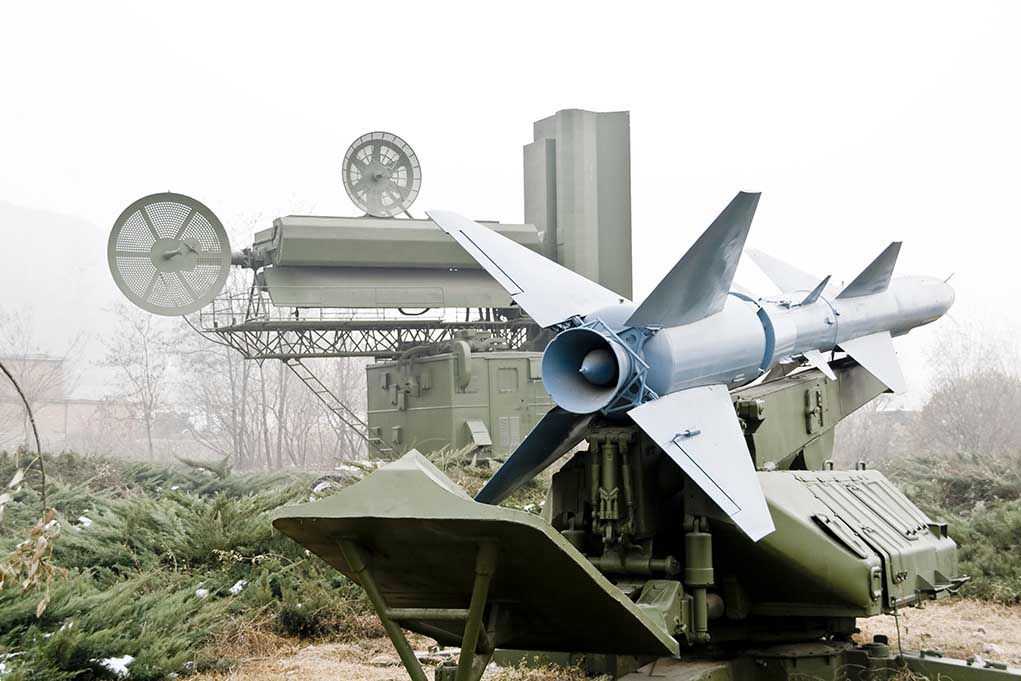
Washington is now targeting Malaysia and Thailand in its crusade to keep American-made AI power out of Chinese hands—so if you thought government overreach and international whack-a-mole had peaked, think again.
At a Glance
- The U.S. is drafting rules to require export licenses for Nvidia AI GPUs shipped to Malaysia and Thailand, aiming to stop diversion to China.
- Malaysia and Thailand are under scrutiny after a surge in AI chip shipments, raising fears of smuggling and circumvention of U.S. export controls.
- The policy shift is part of ongoing efforts to close loopholes in semiconductor exports that could threaten national security.
- Nvidia and Southeast Asian tech economies could face significant disruption and higher compliance costs if the rules take effect.
Washington Targets Southeast Asia in AI Chip Crackdown
Just when you thought the U.S. government’s obsession with micromanaging the global tech supply chain couldn’t get any more convoluted, here comes the latest draft rule straight from the Commerce Department. The target: AI GPUs from Nvidia, the undisputed king of American chipmaking. The plan? Slam the brakes on shipments to Malaysia and Thailand—two countries that, until now, barely registered on the smuggling radar. Why? Because, as usual, bureaucrats have decided that if there’s even a whiff of risk that a single graphics chip could, heaven forbid, end up in China, then it’s time to unleash another round of paperwork and red tape on American businesses.
This latest move comes hot on the heels of a surge in AI chip shipments to Malaysia and Thailand. According to reports, some of these shipments are actually routed from Taiwan, and U.S. officials are convinced that these countries could become the next Singapore—a known transshipment hub for tech gear that somehow always ends up in Chinese hands, no matter what law or export ban is in place. It’s almost as if, when Washington creates a maze, the world’s smugglers just find new shortcuts. Who could’ve guessed?
Bureaucratic Overkill or National Security Necessity?
The official rationale is, of course, national security. The logic goes like this: China desperately wants top-tier AI and military technology, so any country that might even think about selling a graphics card to a Chinese buyer becomes the next target of U.S. regulatory wrath. The Commerce Department’s draft rule would require U.S. exporters to get special licenses for every AI GPU shipment to Malaysia and Thailand, a move that would throw another wrench into already strained global supply chains. Never mind that Nvidia, the very company at the center of this, has repeatedly insisted its products don’t end up in China via these routes. Apparently, suspicion is all that’s needed to justify more government meddling.
This isn’t the first time Washington has decided to play global tech cop. Previous efforts focused on Singapore, which has been accused—sometimes with more rumor than evidence—of acting as a backdoor for sanctioned chips. Now, Malaysia and Thailand are facing the same scrutiny, even though they’re not exactly major players in the AI hardware smuggling game. But when have facts ever stood in the way of a good round of regulatory grandstanding?
Collateral Damage: American Business and Asian Economies
Let’s not sugarcoat it: these measures do more than inconvenience would-be smugglers. U.S. companies like Nvidia face yet another round of compliance headaches, lost revenue, and supply chain chaos. Meanwhile, tech firms in Malaysia and Thailand—countries trying to grow their digital economies and attract investment—are caught in the crossfire. The message from Washington is clear: if you want to do business with American tech giants, prepare for a mountain of paperwork and the constant threat of being cut off entirely if you step out of line, intentionally or not.
It’s a lose-lose situation: Nvidia gets boxed out of markets, Asian economies risk losing investment, and, as history shows, China just gets more creative in finding what it wants. But never mind the unintended consequences. In the world of government regulation, looking busy is often more important than being effective. Heaven forbid we address the actual root of the problem or find a solution that doesn’t involve treating every ally like a suspect.
Will It Work, or Just Move the Problem?
Experts are already rolling their eyes. Sure, Malaysia and Thailand have seen an uptick in AI chip shipments, but there’s little evidence they’re the epicenter of some grand smuggling conspiracy. Most analysts agree: if you shut down one route, another will open somewhere else. Blanket bans and scattershot regulations have a nasty habit of hurting American interests more than they protect them. And let’s not forget the classic Washington two-step: while tech companies and Asian governments scramble to keep up with ever-changing rules, China doubles down on building its own semiconductor industry, making the U.S. less relevant in the long run.
But don’t expect a change of course anytime soon. The rule is still in draft form, with the usual round of “consultations” and “stakeholder input” to come. Nvidia won’t comment, Malaysia and Thailand are playing it cool, and the only guarantee is that American exporters will be left holding the bag. If you’re looking for a lesson in how to turn a national security challenge into a bureaucratic fiasco, look no further. Washington’s got you covered.
Sources:
Bloomberg: US Moves to Curb Nvidia AI GPU Exports to Malaysia, Thailand
Tom’s Hardware: Nvidia GPU Export Controls Expand to Malaysia and Thailand
Benzinga: US Considers Tightening Nvidia AI Chip Export Controls to Malaysia and Thailand




